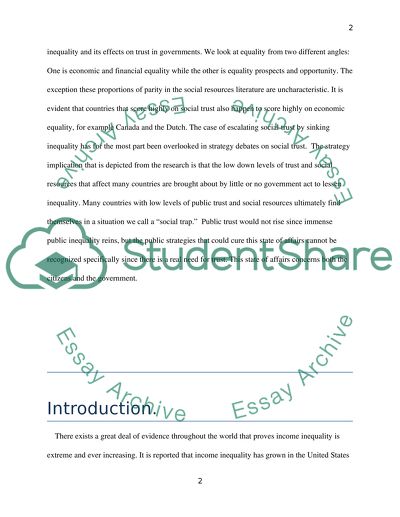Cite this document
(“Political Research Methods- Paper Example | Topics and Well Written Essays - 2000 words”, n.d.)
Retrieved de https://studentshare.org/history/1477529-political-research-methods-
Retrieved de https://studentshare.org/history/1477529-political-research-methods-
(Political Research Methods- Paper Example | Topics and Well Written Essays - 2000 Words)
https://studentshare.org/history/1477529-political-research-methods-.
https://studentshare.org/history/1477529-political-research-methods-.
“Political Research Methods- Paper Example | Topics and Well Written Essays - 2000 Words”, n.d. https://studentshare.org/history/1477529-political-research-methods-.


